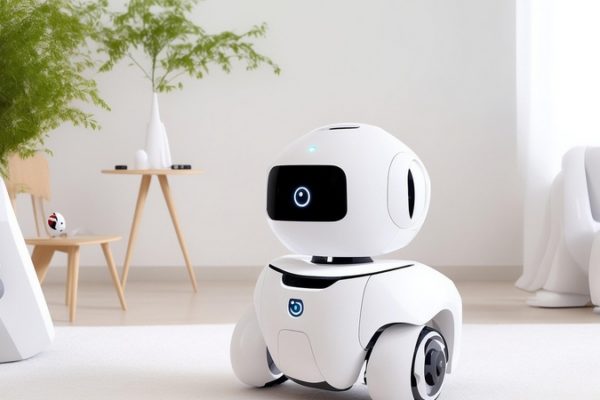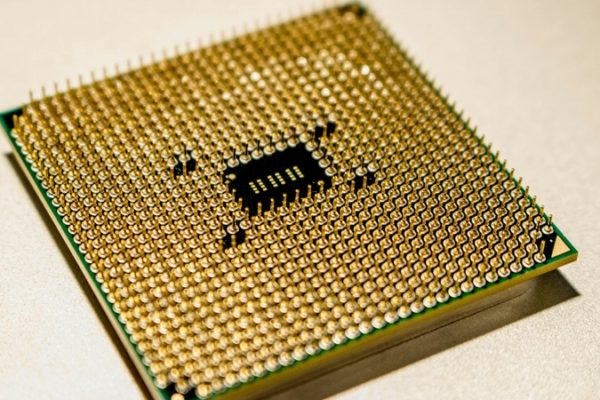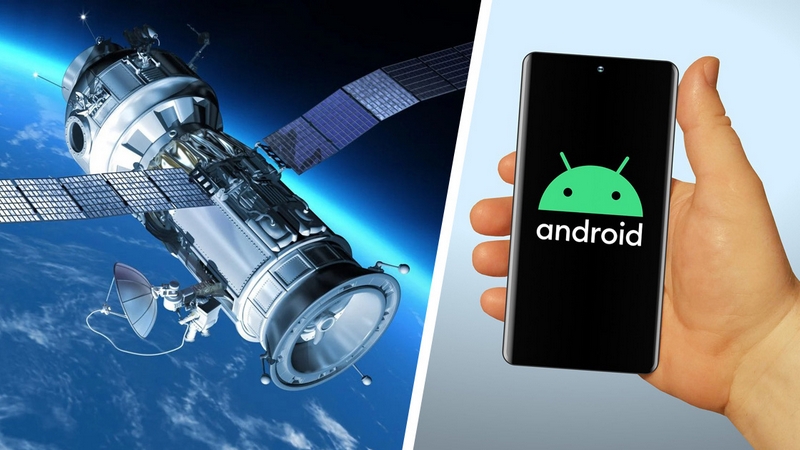
Trying to find cellular reception can be challenging in remote areas, and this difficulty presents very real dangers to those who need emergency services, or stay in contact with loved ones. A recent partnership between Qualcomm and Iridium will see satellite connectivity in future Android devices, thus providing worldwide internet coverage to Android users. What challenges does current world connectivity face, how will the partnership enable satellite connectivity, and why does Iridium provide better coverage than Starlink?
Top Stories This Week
- Android To Get Satellite Internet Thanks To Qualcomm-Iridium Partnership
- Locally 3D Printed Part Fitted Into Zeus-1 Satellite Launched By SpaceX
- Britain’s First Satellite Launch Attempt Fails, Dealing Blow To Aerospace Industry
- 3L Robotics To Launch Central Europe’s “First” Drone Helipad For Automated Parcel Deliveries
- How Connected Technologies Can Help The World Decarbonise
- Royal Mail Tells People Not To Send Post Abroad Due To ‘Cyber Incident’
- 8 Jobs Our New AI Overlords Plan To Kill
- Toilet Sensor That Scans Urine: Is This The Start Of The “Home Hospital”?
- Climate Startup Removes Carbon From Open Air In Industry First
- MIPS Rolls Out Its First RISC-V Processor Core – It’s A Big ‘Un
Hardware Business News
Locally 3D Printed Part Fitted Into Zeus-1 Satellite Launched By SpaceX

Parts manufactured for spaceflight are notoriously expensive due to the niche nature of the market, the high degree of engineering needed, and the need for extreme reliability. But one manufacturing technology that is starting to draw attention from aerospace engineers is 3D printing, and a locally 3D printed part has recently been installed into a satellite launched by SpaceX. What challenges do current manufacturing technologies present to the satellite industry, who was the company that manufactured the 3D printed part, and what does this mean for future space missions?
Britain’s First Satellite Launch Attempt Fails, Dealing Blow To Aerospace Industry

This week, the UK was set to launch their first rocket into space with the help of Virgin Orbit. The idea was to use a plane to fly out into the Atlantic ocean, provide an altitude boost, and then launch the rocket, but the mission ended in failure as the rocket burned up in the atmosphere. Why did Virgin Orbit opt to use a plane to launch the rocket, why did it end in failure, and what does this mean for the UK’s hopes of becoming a space-faring nation?
3L Robotics To Launch Central Europe’s “First” Drone Helipad For Automated Parcel Deliveries

Automated drone delivery is something that many logistic companies have aspired to achieve, and while there have been numerous demonstrations, they have yet to succeed. Despite Czech rules that currently forbid urban parcel deliveries by unmanned aerial vehicles, Brno-based 3L Robotics expects to launch the country’s first landing helipad for drone shipments in 18 months time. What challenges does automated drone delivery present, how will 3L Robotics get around Czech rules, and could this be the start of truly automated deliveries?
Hardware Engineering News
How Connected Technologies Can Help The World Decarbonise
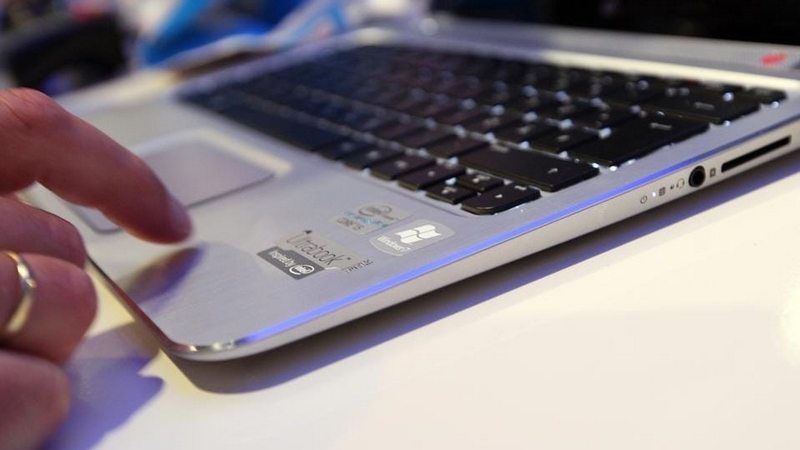
Smart spaces are touted as being the next generation of IoT technologies that will enable real-time environmental monitoring, energy-efficient climate controls, and improved user experience. But while these technologies can certainly help improve the efficiency of man-made environments, many believe they can also be used to help the world decarbonise by monitoring air quality, reducing energy use, and identifying sources of carbon emissions. What challenges does climate change present, how can connected technologies help, and are smart spaces the future of decarbonisation?
Royal Mail Tells People Not To Send Post Abroad Due To ‘Cyber Incident’
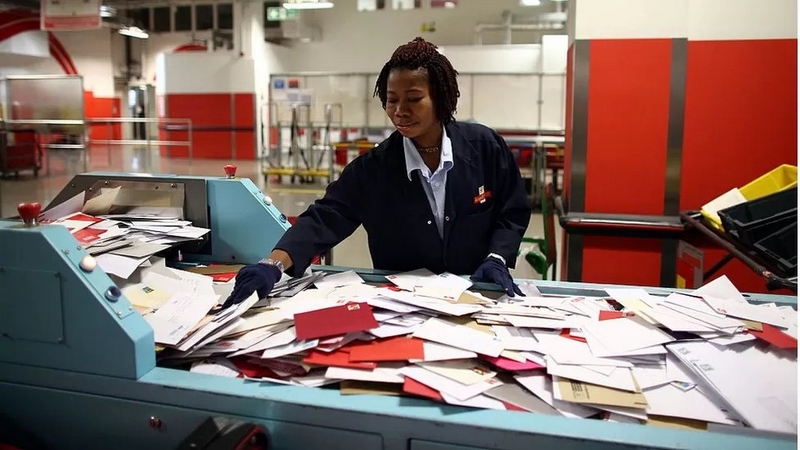
The importance of postal services cannot go understated; they allow for physical items to be shipped across the globe, whether it is letters, online shopping, or medical samples. But these vast complex logistical operations are extremely susceptible to the slightest delay, which is why they must be carefully maintained. Recently, the UK’s postal service, Royal Mail, has been attacked by ransomware which has disrupted international mail, and is now causing severe delays in the service. What challenges does ransomware present, how did it get into the Royal Mail network, and how does this demonstrate the need for more secure networks?
8 Jobs Our New AI Overlords Plan To Kill
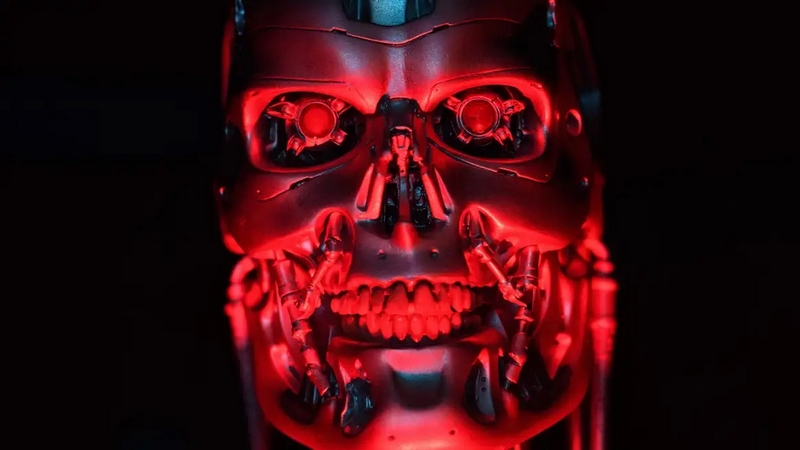
The era of AI has brought about many new exciting technologies such as object identification, predictive maintenance, and improve efficiency. However, as the abilities of AI systems continue to improve, it is quickly becoming apparent that machines may soon take over some jobs, which has many worried. In this article published by Gizmodo, find out which eight jobs are at risk from an AI invasion.
Hardware R&D News
Toilet Sensor That Scans Urine: Is This The Start Of The “Home Hospital”?
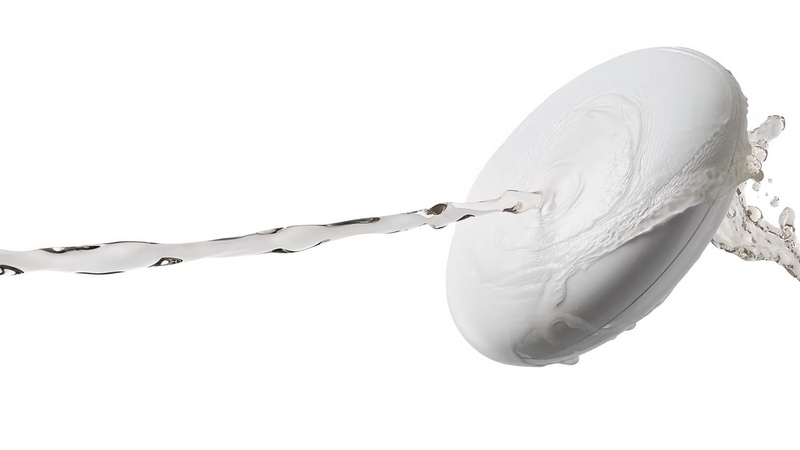
While urine may be a waste product, it can reveal a lot about human health, but actively trying to monitor its contents is difficult. Recently, Withings has announced the development of an active urine sensing system that makes urine tracking hands-free and convenient. What challenges does urine sampling introduce, how does the U-Scan solve these challenges, and is this the start of the “Home Hospital”?
Climate Startup Removes Carbon From Open Air In Industry First
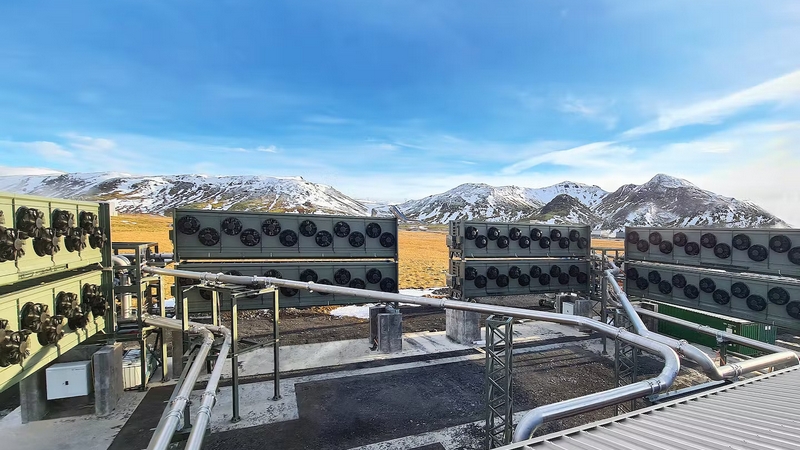
As the effects of climate change continue to worsen, many are looking at solutions to reducing carbon emissions, whether it’s by increasing the use of renewable energies, direct carbon capture from industrial processes, or improving energy efficiency. Recently, one company, called Climeworks, believes it has the solution with its CO2 capture technology, and the carbon captured can be sold to companies in the form of carbon credits. What challenges does carbon capture present, how has Climeworks turned this technology into an economical process, and is this the future of decarbonisation?
Open-Source Hardware News
MIPS Rolls Out Its First RISC-V Processor Core – It’s A Big ‘Un
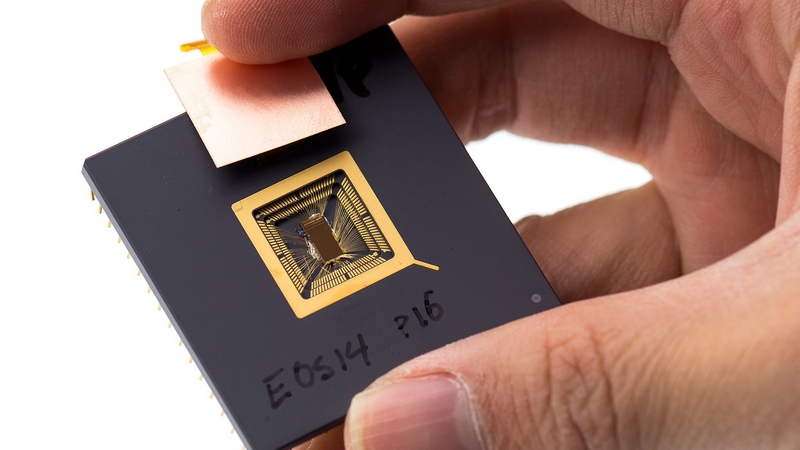
MIPS is a company that has established itself in the RISC industry, having worked on RISC processors since 1984. Despite the company having numerous ups and downs, it has never failed to deliver industry-leading instruction set architectures. Now, MIPS has recently announced its development of a RISC-V processor, the eVocore P8700, which it hopes will provide the industry with leading-edge technologies in the RISC-V processor family. What challenges has MIPS faced, why has MIPS adopted RISC-V, and where will this technology lead?

